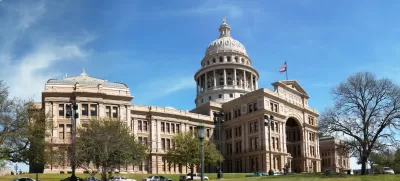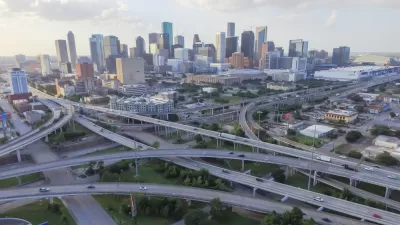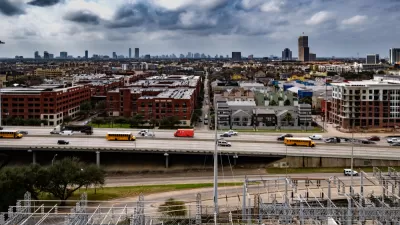Forbes recently released its annual list of America’s Fastest-Growing Cities. The list considers both population and economy.

To create its annual list of fastest-growing cities, Forbes “began with the 100 most populous Metropolitan Statistical Areas (MSAs) in the U.S., geographic areas designated by the U.S. Office of Management and Budget that include cities and their surrounding suburbs. We rated these places based on six metrics. Using data from Moody’s Analytics, we assessed the estimated rates of population growth for 2013 and 2014, year-over-year job growth for 2013, and the rate of gross metro product growth—a.k.a. the economic growth rate--for 2013. We also considered federal unemployment data and median salaries for local college-educated workers, courtesy of Payscale.com.”
The list ranks the 20 fastest-growing metro areas in America “in terms of population and economy.”
Austin, Texas tops the list, followed by Raleigh, North Carolina.
The Land Use Integrity Project has also produced analysis of the list, including “the key takeaways from the Forbes list are that an educated workforce and diverse economy help attract new business and keep unemployment low.”
FULL STORY: America's Fastest-Growing Cities 2014

Planetizen Federal Action Tracker
A weekly monitor of how Trump’s orders and actions are impacting planners and planning in America.

Maui's Vacation Rental Debate Turns Ugly
Verbal attacks, misinformation campaigns and fistfights plague a high-stakes debate to convert thousands of vacation rentals into long-term housing.

San Francisco Suspends Traffic Calming Amidst Record Deaths
Citing “a challenging fiscal landscape,” the city will cease the program on the heels of 42 traffic deaths, including 24 pedestrians.

Defunct Pittsburgh Power Plant to Become Residential Tower
A decommissioned steam heat plant will be redeveloped into almost 100 affordable housing units.

Trump Prompts Restructuring of Transportation Research Board in “Unprecedented Overreach”
The TRB has eliminated more than half of its committees including those focused on climate, equity, and cities.

Amtrak Rolls Out New Orleans to Alabama “Mardi Gras” Train
The new service will operate morning and evening departures between Mobile and New Orleans.
Urban Design for Planners 1: Software Tools
This six-course series explores essential urban design concepts using open source software and equips planners with the tools they need to participate fully in the urban design process.
Planning for Universal Design
Learn the tools for implementing Universal Design in planning regulations.
Heyer Gruel & Associates PA
JM Goldson LLC
Custer County Colorado
City of Camden Redevelopment Agency
City of Astoria
Transportation Research & Education Center (TREC) at Portland State University
Jefferson Parish Government
Camden Redevelopment Agency
City of Claremont





























